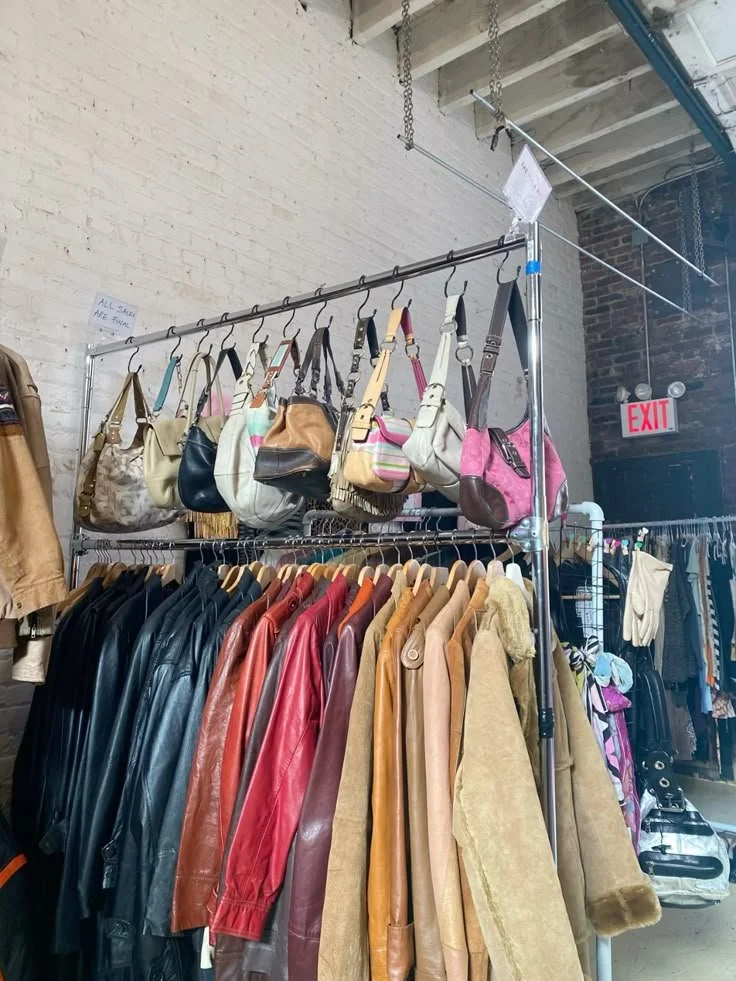Archive Culture and the Resale Boom of 2025
Photo: Pinterest
Once relegated to collector circles and museum vaults, archive fashion and luxury resale have erupted into mainstream obsession in 2025. What began as niche nostalgia has transformed into a driving force that now shapes red carpets, streetwear, and corporate strategy.
The resale industry has been doubling in size. As noted by Vogue, the secondhand apparel market, valued at $28 billion in 2019, was projected to reach $64 billion by 2024, growing 25 times faster than retail. Meanwhile, ThredUp estimates the sector could swell to $367 billion by 2029 with a growth rate nearly three times faster than the broader apparel market.
This is not just commerce; it is culture.
Julie Wainwright, founder and CEO of The RealReal, encapsulates the phenomenon succinctly:
“People like nice things! … the world is coming around to the fact that there is too much product—you need to get people recirculating goods.”
Sustainability is not ancillary—it is front and center. Nearly 48% of millennials and Gen Zers cite eco-consciousness as their primary motivation for consigning (Vogue). As products live longer and circulate more, resale has become a measure of both individual taste and collective responsibility.
On the platform front, Vogue highlights how Gen X is selling ’90s pieces to Gen Z, while younger buyers elevate vintage items like the Fendi Baguette and Dior Saddle Bag in resale value:
“Gen Z are taking particular interest in vintage favourites once loved by Gen X, effectively driving up the resale value…” — Hillary O’Malley, The RealReal
The digital era supercharges this nostalgia. Instagram archive pages double as style archives; TikTok videos breaking down provenance garner millions of views. It’s multimedia historiography—fashion history as content.
But brands are joining the movement. Kering, for instance, took a strategic stake in Vestiaire Collective and launched initiatives like Gucci Vault, while major houses are piloting authenticated trade-in programs. This mirrors the luxury watch market, a model that teaches fashion how to control resale, build trust, and protect brand heritage.
Yet, the trend isn’t without tension. The very velocity of resale raises concerns: could shopping secondhand become its own version of fast fashion? Critics warn of repeat consumption patterns that undermine the sustainable ethos of resale (Reddit).
Still, for many, authenticity is the ultimate currency. As professional stylist and archivist Julie Ann Clauss explained to British Vogue:
“Anything that’s part of the zeitgeist now… is going to be desirable.”
In 2025, fashion’s most coveted garments aren’t the latest drops—they are garments that have already worn themselves into pop culture, memory, and legacy. Archive culture and resale aren't just remixing the past—they are redefining value, modern luxury, and how fashion writes its own history.
Raiding our moms’ closets!
XOXO, The Fashion Stock Market
Cover Photo: Pinterest
Editor: Annaliese Persaud
